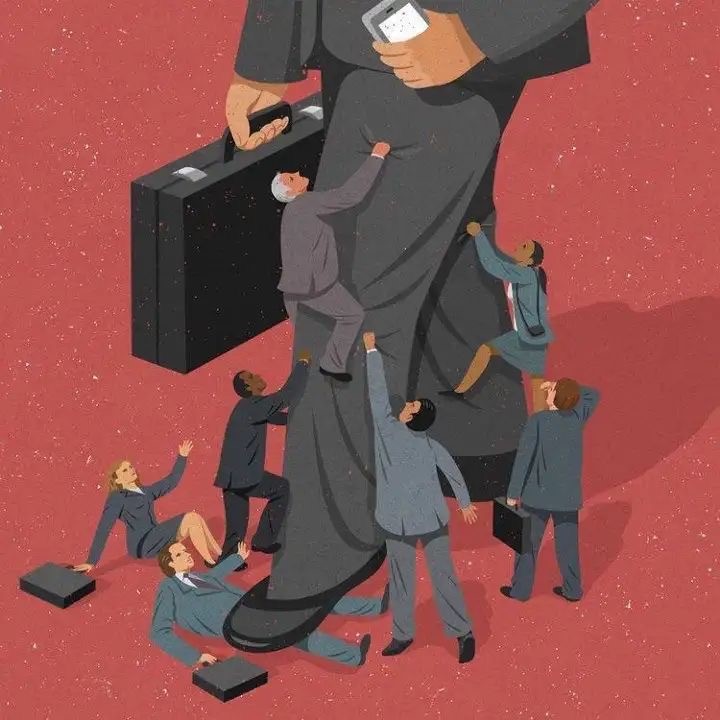Powerful nations have historically used trade sanctions as a tactic in the international arena to exercise influence and penalise those who don’t meet their standards. While advocates claim that sanctions can advance political objectives, the economic impacts on underdeveloped countries are frequently catastrophic.
Trade sanctions can take many different forms, such as taxes, embargoes, and prohibitions on particular goods, but they often involve limitations on imports and exports. These restrictions may have a particularly negative impact on underdeveloped countries. Why is this; Trade embargoes block a developing country’s access to crucial markets. The economy of these countries frequently rely substantially on international trade. They experience enormous revenue losses as a result of sanctions, which causes their economies to contract, their workforces to lose their jobs, and their citizens’ living conditions to decline.

Trade sanctions directly affect the everyday inhabitants of developing countries, not only elites or high-ranking government officials. Humanitarian crises result from the scarcity and high cost of necessities like food, medication, and clean water. The morality of adopting such measures as a political instrument is called into question by this.
Prospects for economic growth in emerging countries are hampered by trade bans. They obstruct the acquisition of technology and experience, deter foreign investment, and disturb supply chains. These elements are crucial for enhancing population living standards and driving economic growth. When dealing with trade restrictions, developing countries frequently see a rise in inequality and poverty. Vulnerable populations face the weight of the crisis as the economy shrinks and jobs evaporate. Widening inequality between the rich and the poor causes instability and social unrest.
Trade sanctions can strain diplomatic relations between nations. Instead of fostering cooperation and dialogue, they often lead to resentment and further hostility. This can make it difficult to find peaceful resolutions to international conflicts, perpetuating a cycle of tension and mistrust. Trade sanctions create fertile ground for black markets and illicit activities. When goods are in short supply due to sanctions, smuggling and illegal trading flourish. This not only undermines the rule of law but also makes it harder for governments to enforce regulations and collect taxes.

Trade sanctions have unavoidable and dire economic effects on underdeveloped countries, even though they may serve some political purposes. These actions choke economies, trigger humanitarian crises, hinder development, and exacerbate poverty and inequality. Furthermore, they frequently escalate diplomatic relations and support illicit actions.
The use of trade sanctions must be reevaluated, and other ways to advance political objectives without disproportionately harming the most vulnerable populations must be investigated by the international community. To promote a more just and equitable global order, diplomacy, communication, and collaboration should take precedence over punishing economic measures.
Sources
- https://www.ohchr.org/Documents/Events/Seminars/CoercitiveMeasures/DursunPeksen.pdf
- https://www.sciencedirect.com/science/article/abs/pii/S0147596723000525
- https://edepot.wur.nl/343392




